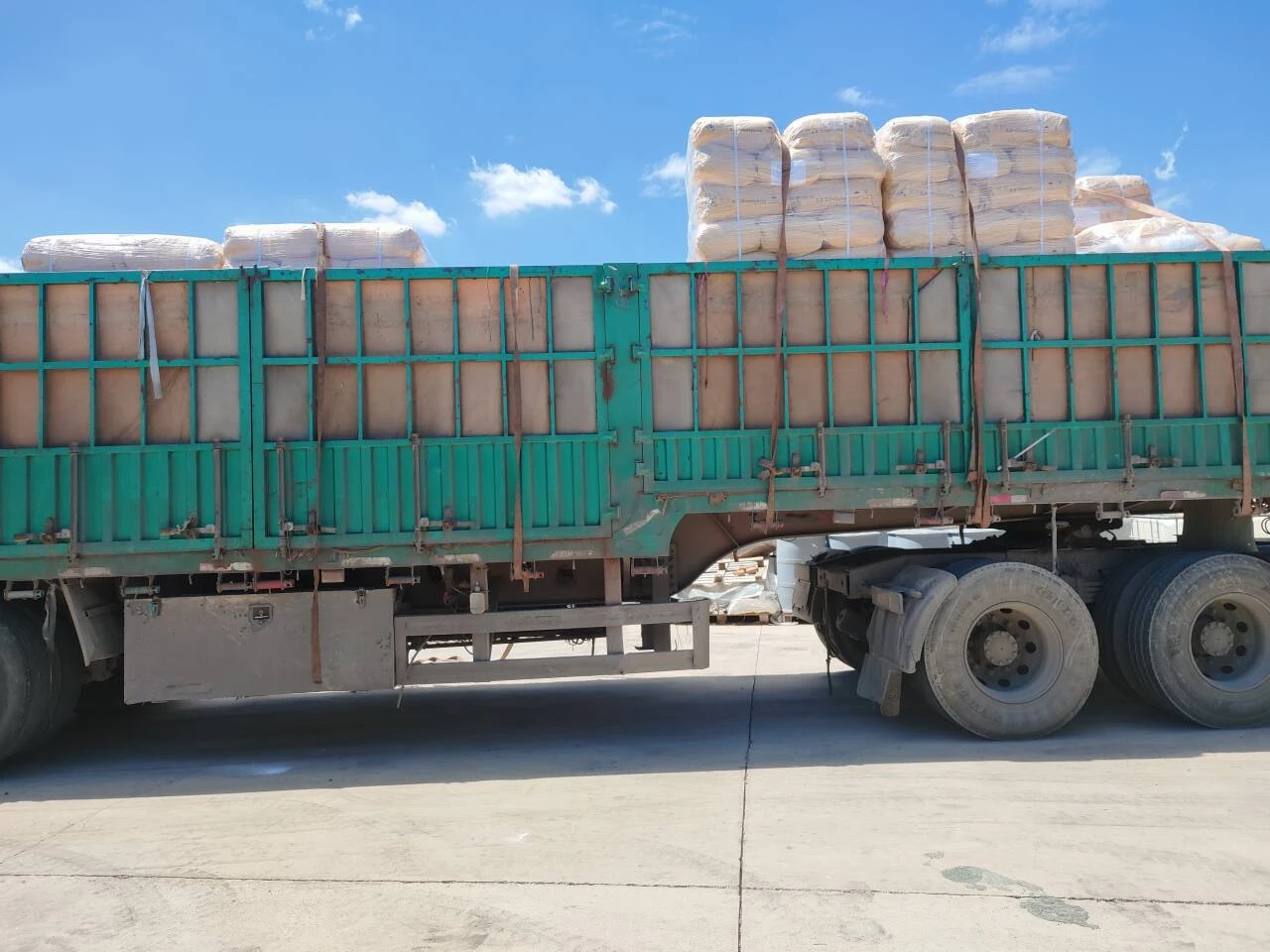Amine Boiler Feed Water Treatment Enhancing Efficiency and Longevity
Boiler systems are fundamental to various industrial processes, providing essential steam for power generation, heating, and production. To ensure these systems operate efficiently and have a prolonged life, proper treatment of boiler feed water is crucial. One effective approach to boiler feed water treatment involves the use of amines, which play a pivotal role in corrosion control and steam quality enhancement.
Amine Boiler Feed Water Treatment Enhancing Efficiency and Longevity
The use of amines in boiler feed water treatment is particularly advantageous because they are effective at low concentrations and can provide lasting protection. The most commonly employed amines include monoethanolamine (MEA), diethylaminoethanol (DEAE), and morpholine. Each of these amines has unique properties, making them suitable for different operational conditions. For instance, morpholine is favored for its high boiling point, which helps maintain its efficacy at elevated temperatures found in steam systems.
amine boiler feed water treatment

Moreover, amines contribute to the formation of a protective film on metal surfaces. This film acts as a barrier against corrosive elements, thus enhancing the durability of the boiler components. By reducing the rate of corrosion, plant operators can minimize maintenance costs and improve overall system efficiency. Additionally, maintaining the integrity of the boiler system ensures reliable steam production, which is critical for industrial processes.
Another advantage of using amines is their role in steam quality management. High-quality steam is essential for processes that require precise temperature control and energy transfer. Amines help in maintaining low levels of impurities in the steam, which can adversely affect both efficiency and product quality. Consequently, plants that employ amine treatment can achieve better operational outcomes and product consistency.
While incorporating amines into boiler feed water treatment brings numerous benefits, it is vital for operators to monitor and control dosage levels carefully. Excessive use of amines can lead to condensation issues and operational challenges. Therefore, a balanced approach, coupled with regular water quality testing, is essential for optimizing treatment efficiency.
In summary, the application of amines in boiler feed water treatment is a vital practice for enhancing boiler efficiency and longevity. By neutralizing corrosive gases, forming protective films, and improving steam quality, amines contribute significantly to the overall performance of boiler systems. As industries strive for higher operational efficiency and lower maintenance costs, the importance of effective feed water treatment will continue to grow.

